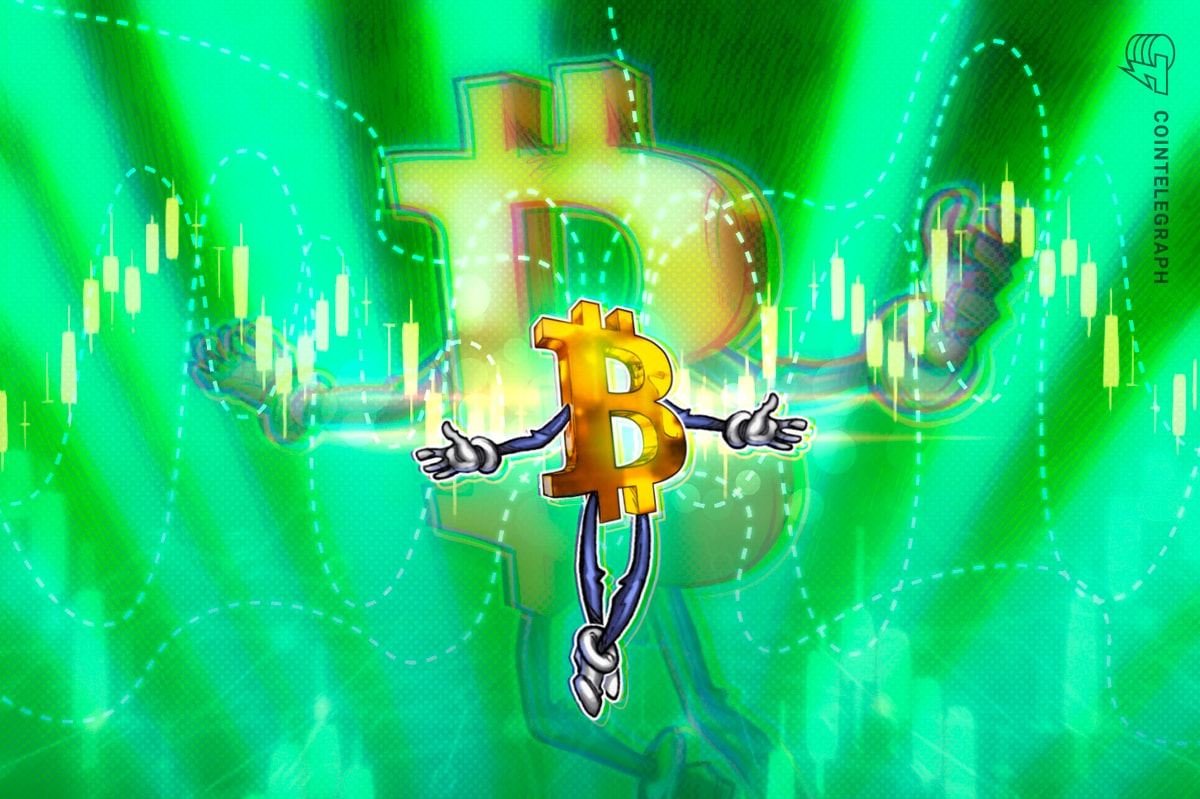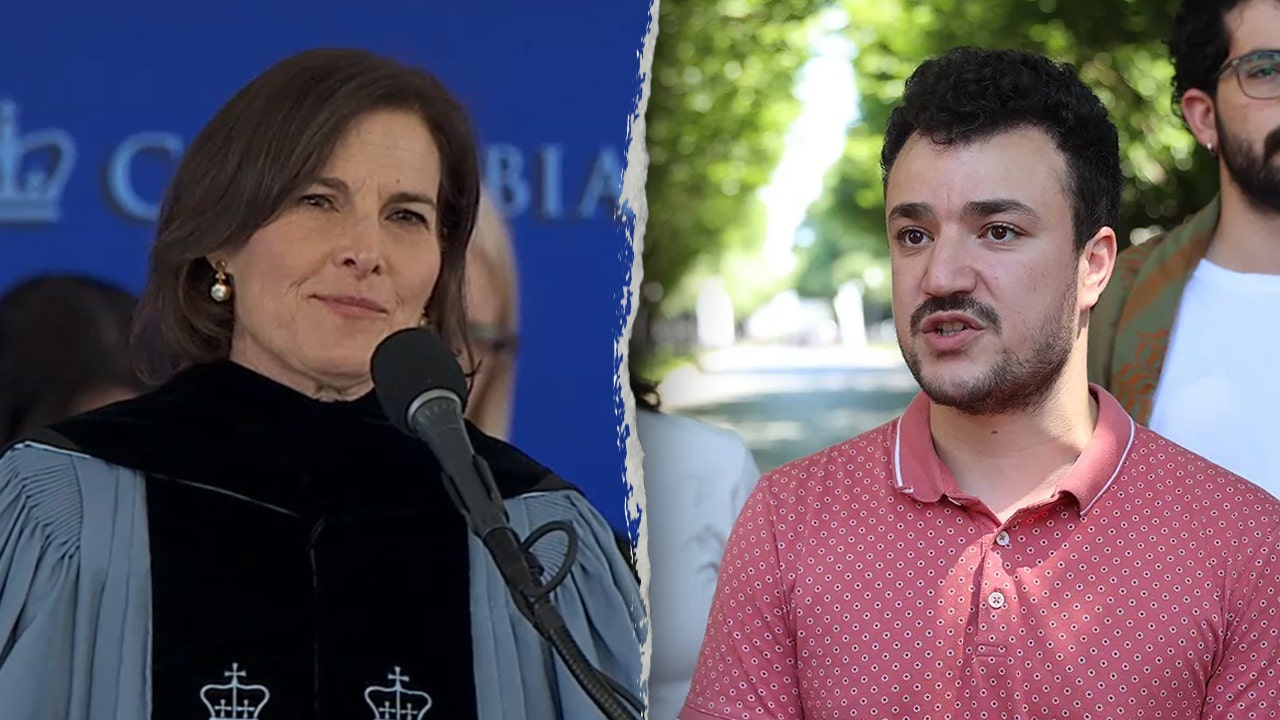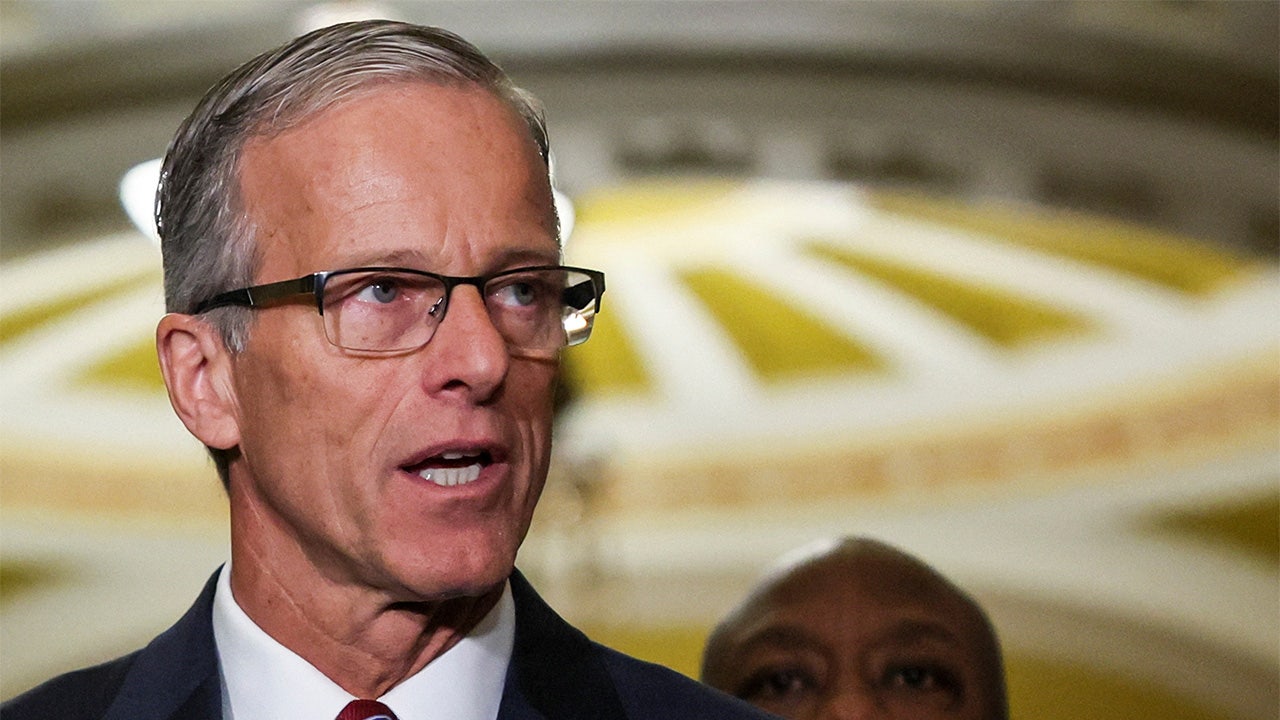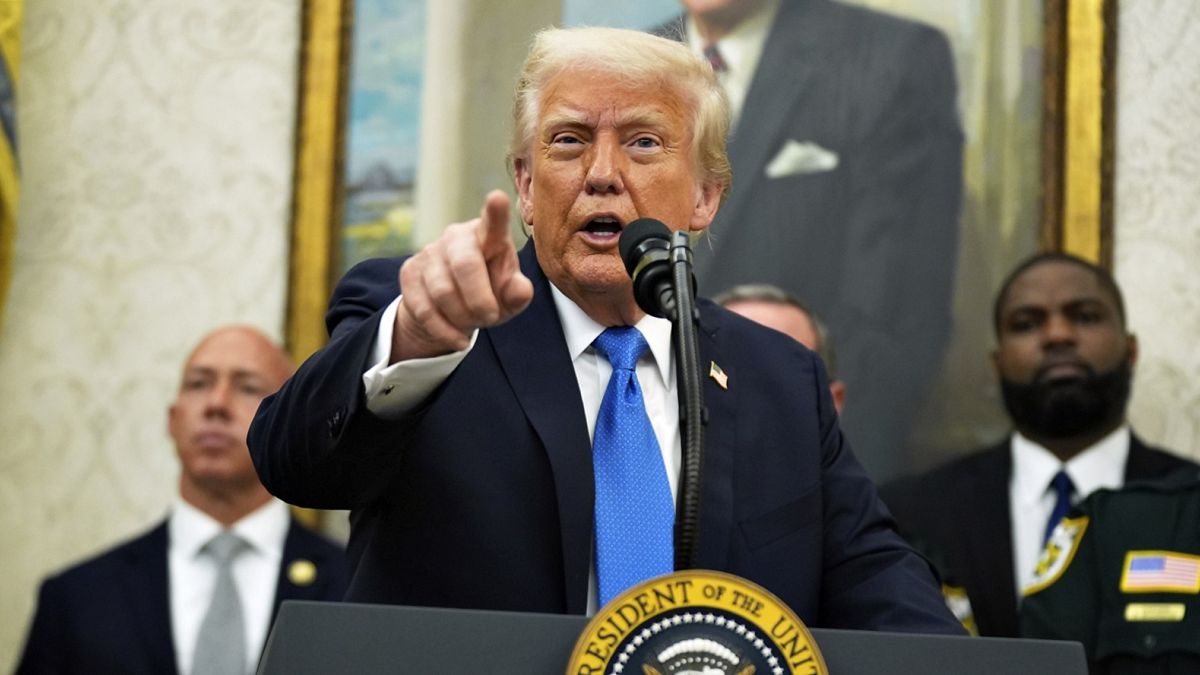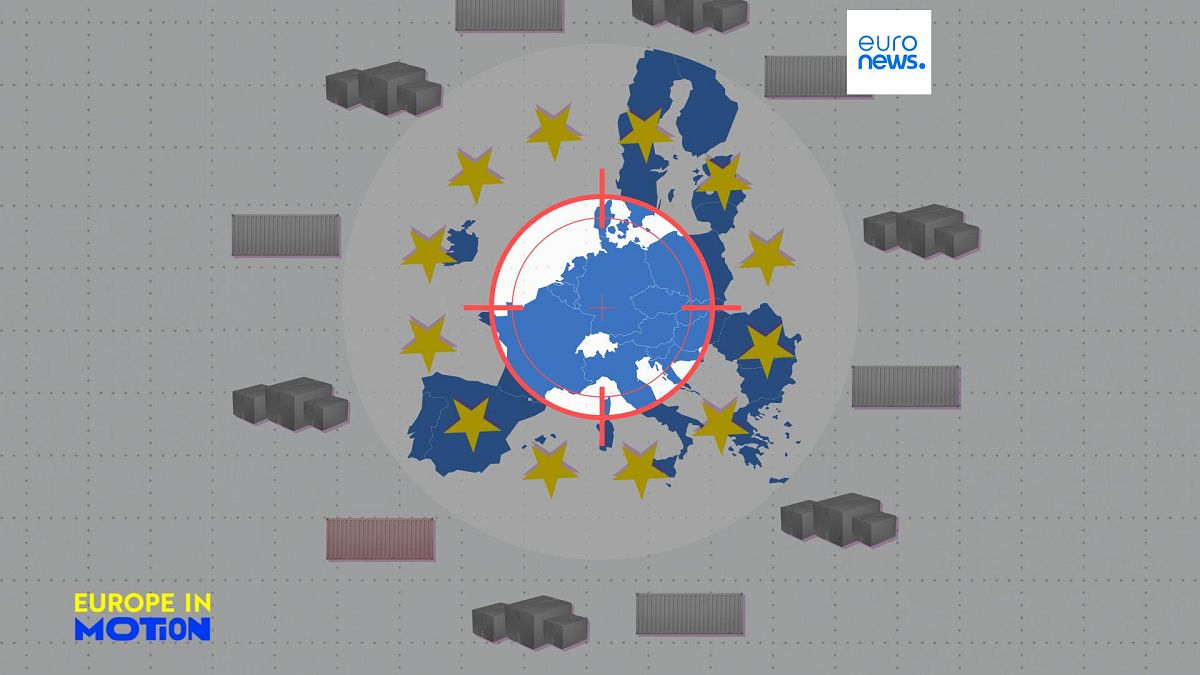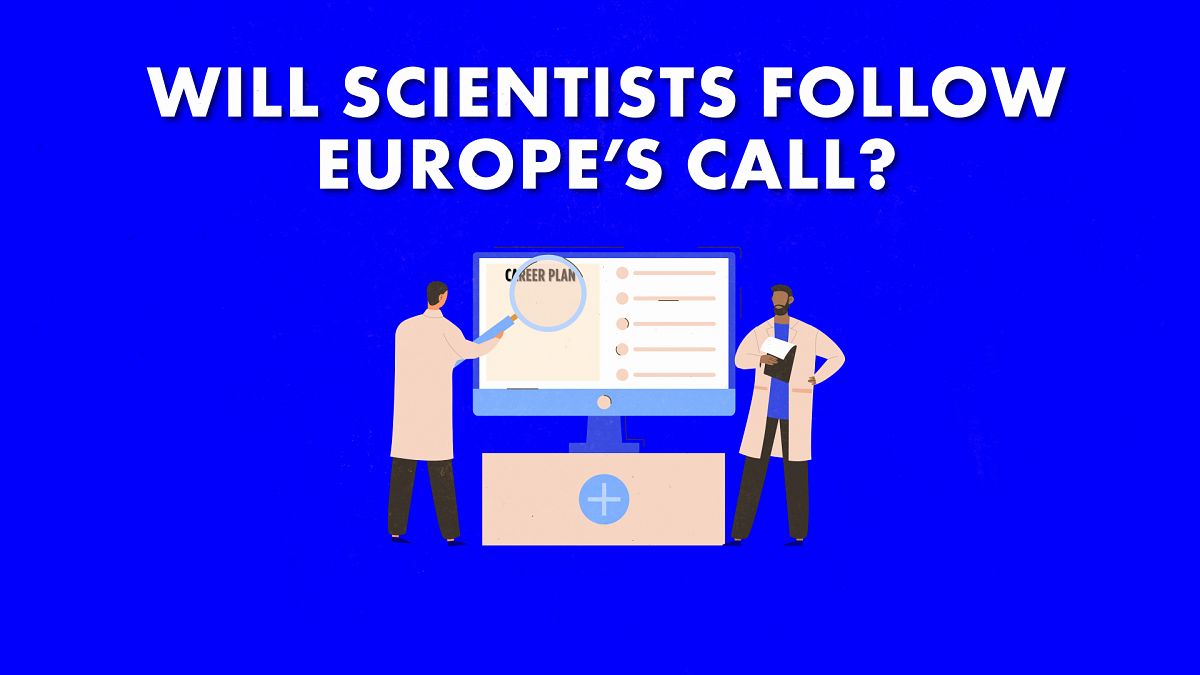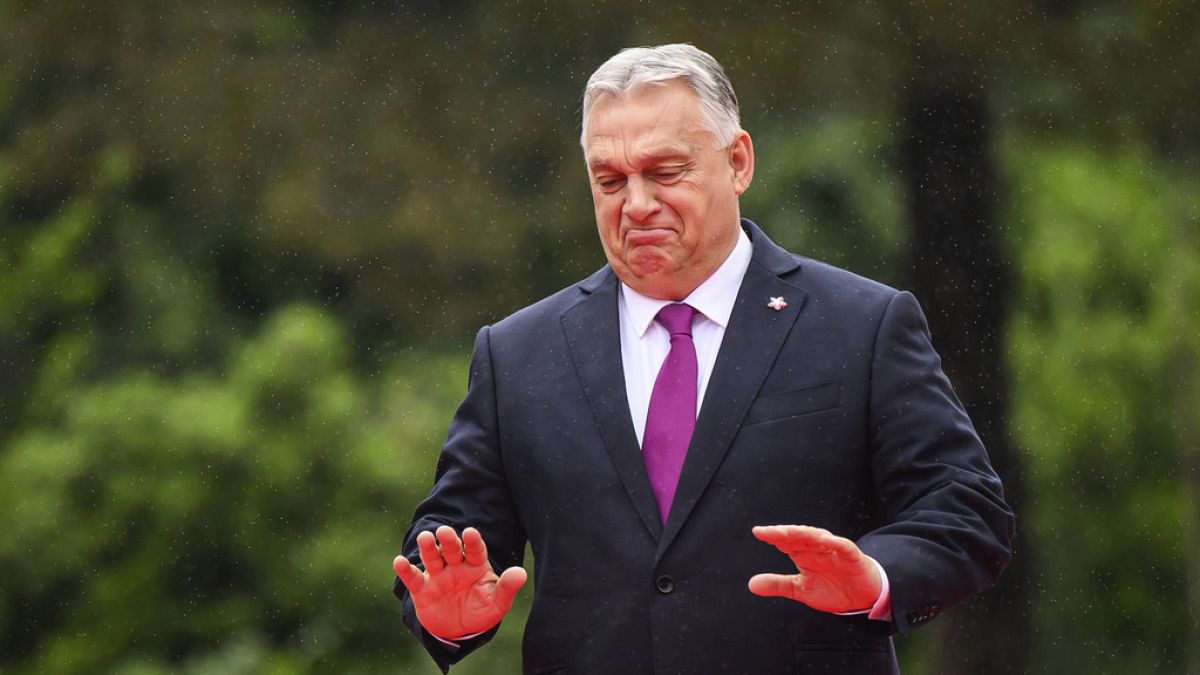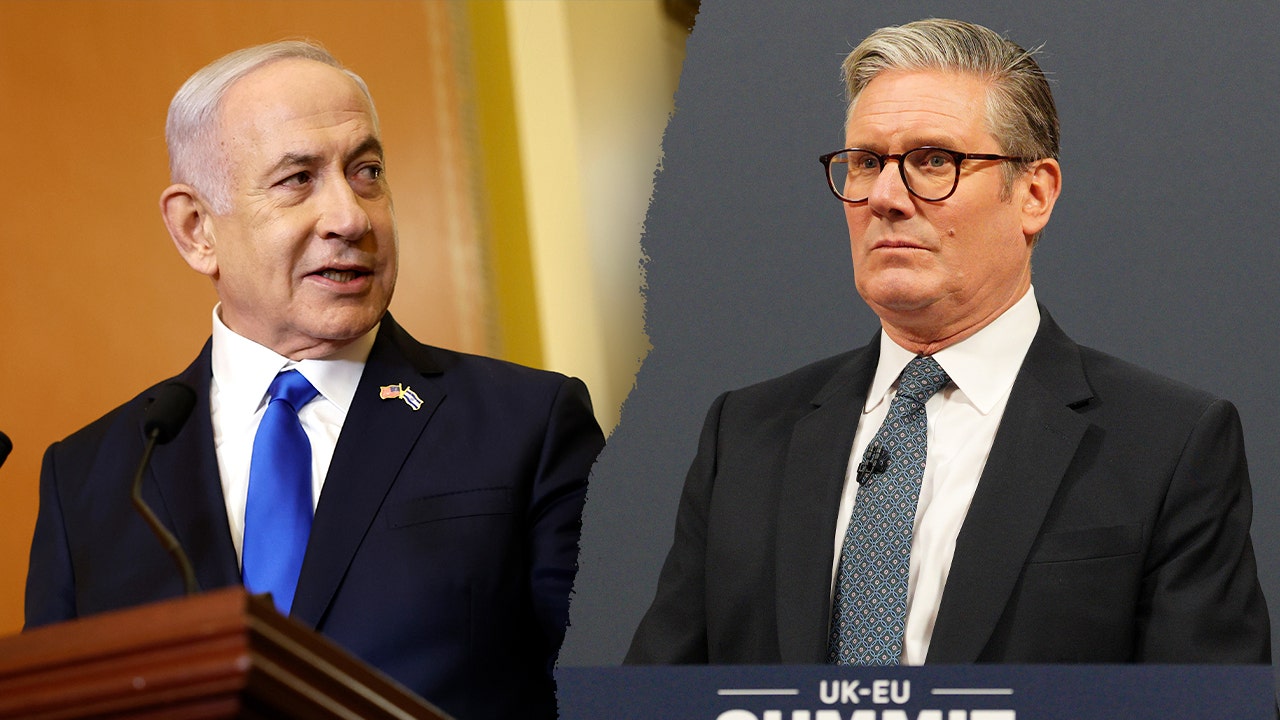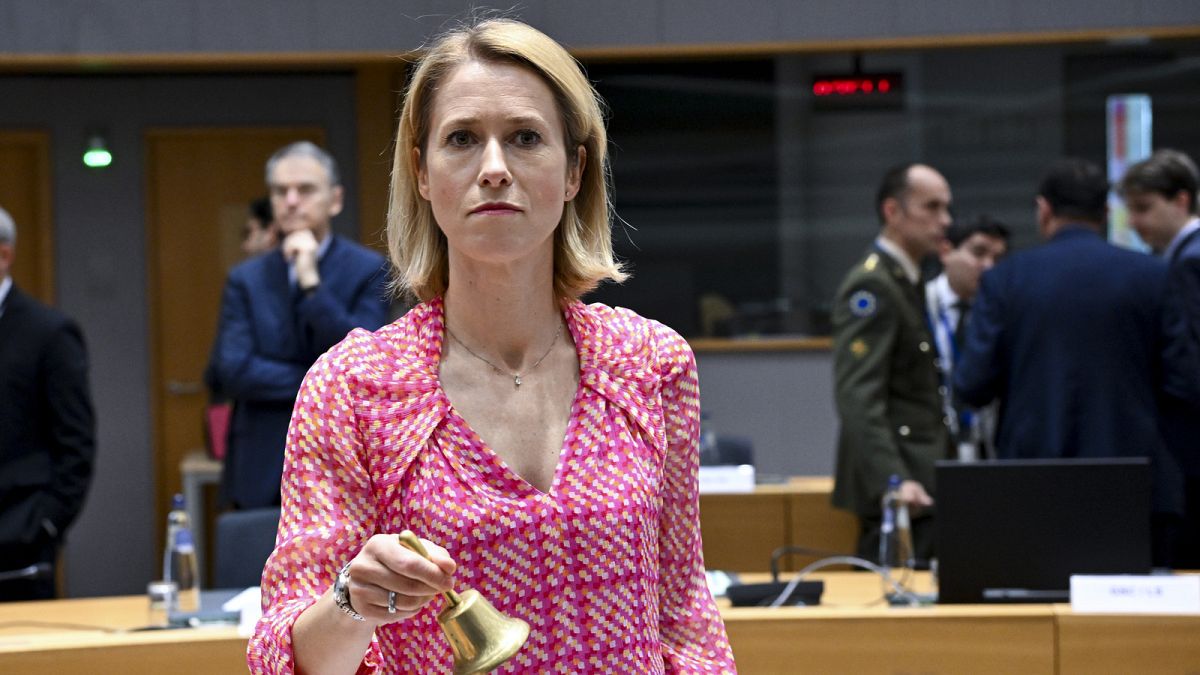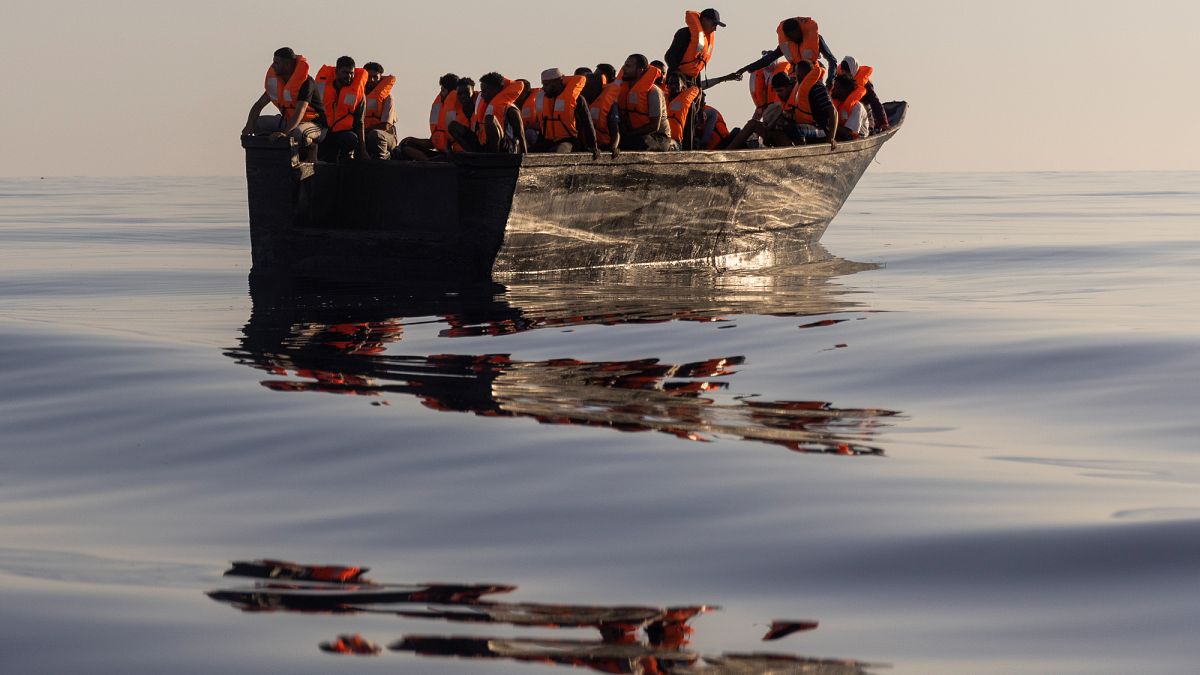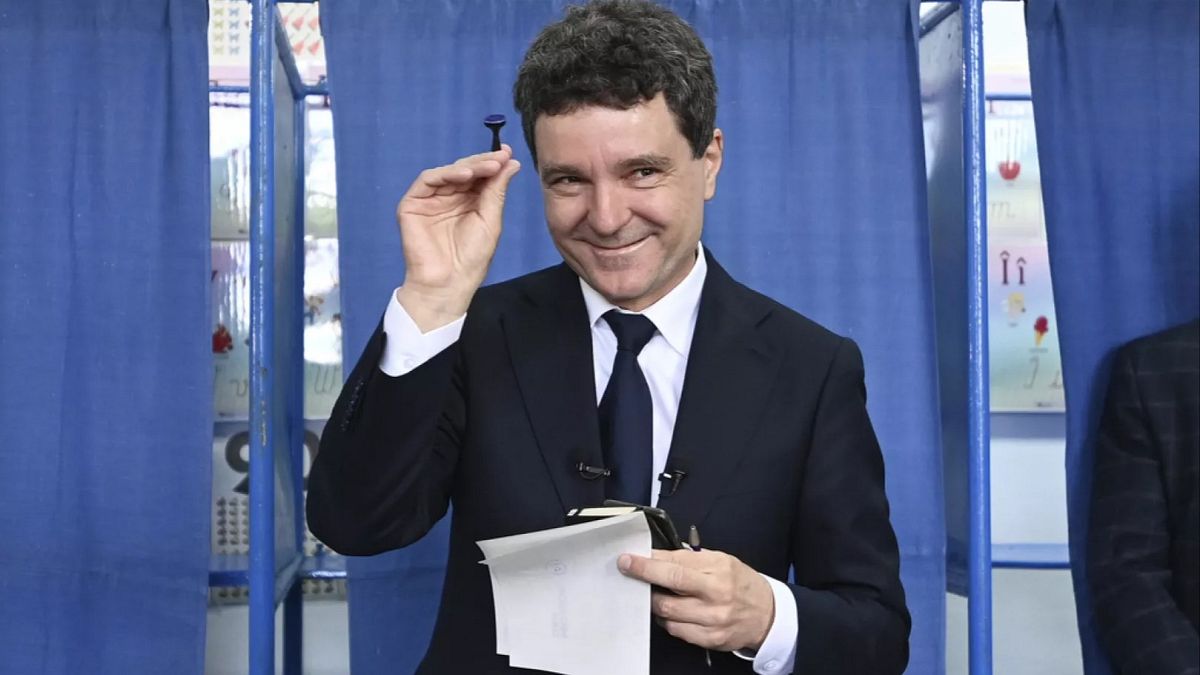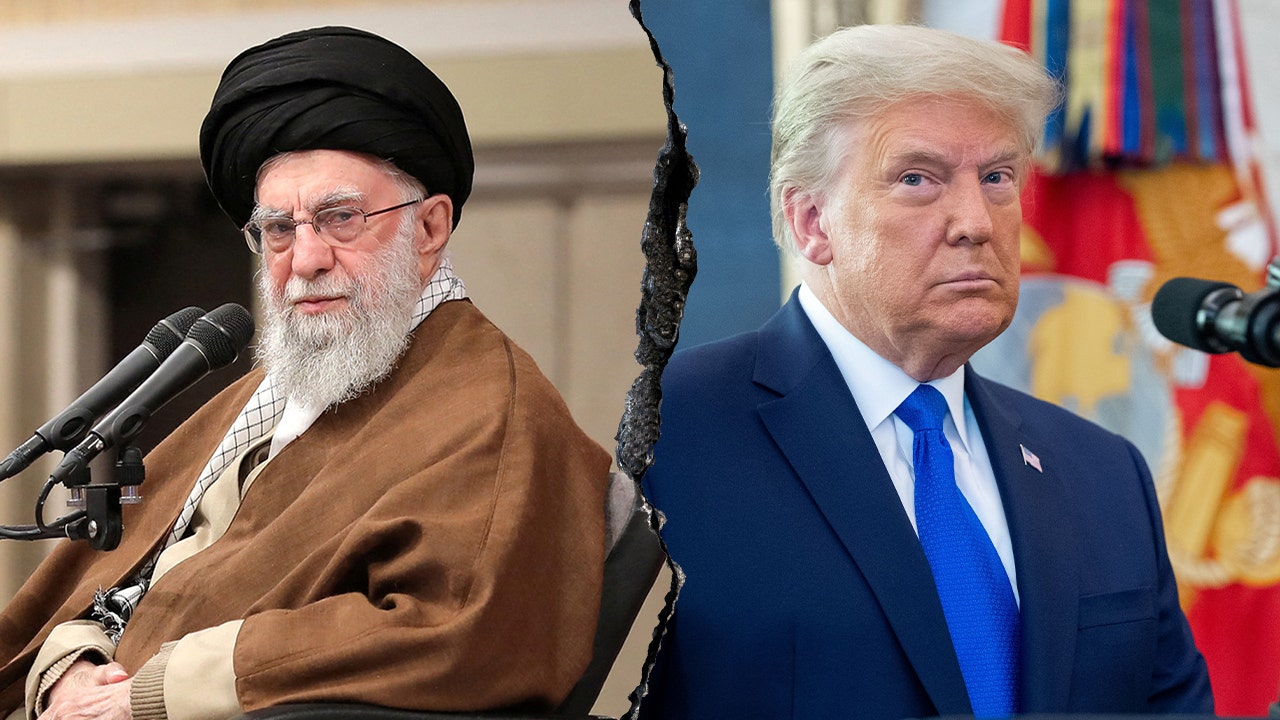The European Union intends to forge ahead with a new package of sanctions against Russia to exert greater pressure on Vladimir Putin to accept a 30-day unconditional ceasefire in Ukraine, despite the US not doing so at this stage.
But the sanctions face an uphill struggle to be approved due to Hungary’s steadfast opposition and lack of coordination with Washington. The course of action envisioned by Brussels includes tightening the price cap on Russian crude oil, which might be virtually impossible to achieve without the US joining in.
“An 18th package is being prepared with further hard hitting sanctions,” Ursula von der Leyen, the president of the European Commisison, said on Tuesday after holding a phone call with Ukraine’s Volodymyr Zelenskyy.
“It’s time to intensify the pressure on Russia to bring about the ceasefire,” she added.
High Representative Kaja Kallas admitted the unanimous agreement would be “difficult” to find among member states but said that should not deter the bloc from moving forward.
“I do not think we have a choice. We need to put more pressure,” said Kallas, arriving at a meeting of foreign affairs ministers in Brussels.
“We want to see those consequences also from the US side. We really haven’t seen the pressure on Russia from these talks.”
Following a two-hour phone call between Trump and Putin on Monday, the American president announced that Russia and Ukraine would “immediately start negotiations toward a ceasefire and, more importantly, an end to the war.” The conditions for such a ceasefire, he said, would be “negotiated between the two parties, as it can only be”.
“Let the process begin!” he said on social media.
Putin, for his part, said Russia would work with Ukraine on a “memorandum” about the terms of a “possible ceasefire for a certain period of time”. The truce, though, would be contingent upon whether “appropriate agreements are reached”, he noted.
The Russian leader continues to drag his feet on accepting Trump’s proposal for an immediate and unconditional ceasefire, which Ukraine and European allies have firmly backed as a necessary prelude to in-depth negotiations.
Despite the rebuff, Trump later told reporters he would not impose fresh sanctions against the Kremlin, hoping the latest phone call would lead to tangible progress.
“I think there’s a chance of getting something done, and if you do that, you could also make it much worse. But there could be a time where that’s going to happen,” he said.
Worlds apart
White House officials had previously been threatening to tighten the screws on the Russian economy to force the Kremlin into a temporary truce.
“What I can tell you is the sanctions were very ineffective during the Biden administration because they kept them low because they were afraid of pushing up domestic oil prices,” Scott Bessent, the US Secretary of the Treasury, said on Sunday.
The gap in thinking between the US and the EU was laid bare after the phone call that Trump held with European leaders.
“Europe will increase pressure on Moscow through sanctions. This is what we agreed on with POTUS after his conversation with Putin,” said German Chancellor Friedrich Merz.
Zelenskyy, who was also part of the call, said that “if the Russians are not ready to stop the killings, there must be stronger sanctions”.
The European Commission is currently designing what is expected to be the 18th package of sanctions on Russia since February 2022, targeting the banking sector, the Nord Stream pipelines and more vessels from the so-called “shadow fleet”.
Von der Leyen has also suggested lowering the price cap on Russian crude oil, which the G7 established in late 2022 at $60 per barrel. The cap has remained untouched since then, even if Moscow has continued to trade well above the mark.
Bringing down the $60 price tag to further squeeze the Kremlins’ revenues will necessitate an agreement with the White House and other G7 partners. Trump’s decision not to proceed with further sanctions at this stage risks derailing the review, which been supported by Kyiv, the Nordics and the Baltics.
“We’ll see whether that can be really (done) in the form of a G7 joint measure or not,” said Paula Pinho, the Commisison’s chief spokesperson.
Another point that separates transatlantic allies is their vision for the day after the war.
In his read-out, Trump expressed his desire to resume economic relations with Russia, something that could happen once sanctions are lifted. “There is a tremendous opportunity for Russia to create massive amounts of jobs and wealth,” he said.
By contrast, the EU has consistently said sanctions would be removed only after Russia withdrawals its military forces from Ukrainian territory and a lasting peace has been achieved. Moreover, the majority of member states agree that Russia’s frozen assets, worth €210 billion, should remain paralysed until Moscow pays for war reparations.
Earlier this month, the Commission presented an ambitious roadmap to phase out all imports of Russian energy by the end of 2027 – a huge diminution of trade.
Read the full article here


